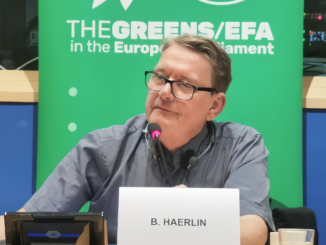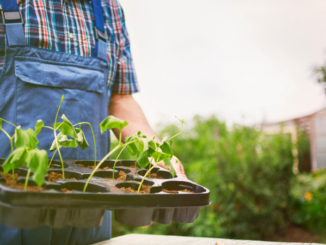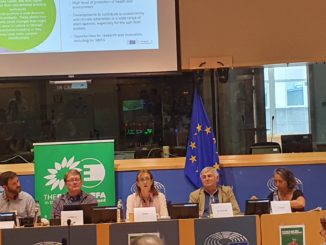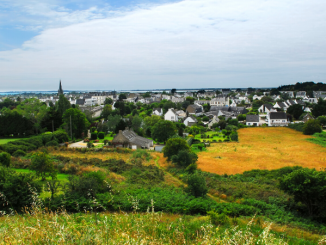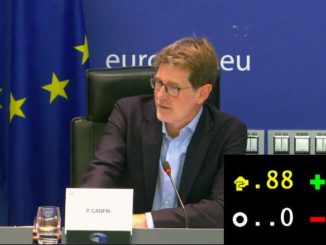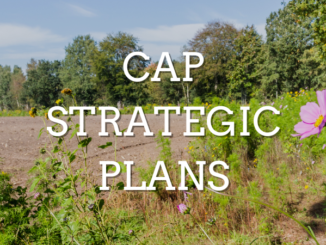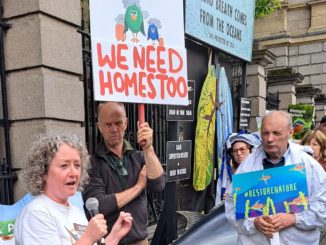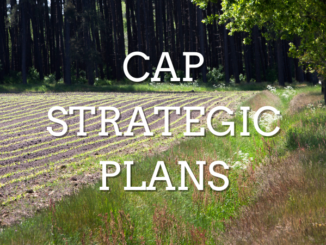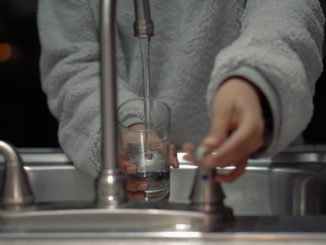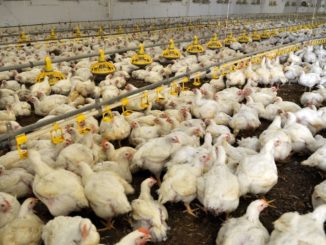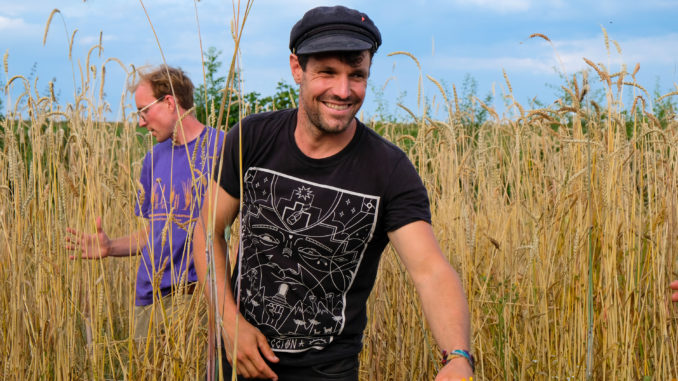
Beer farmers – a Fair Deal for a Good Drink
Belgium is famous for beer. However, that beer is a fast brew with almost no ingredients from Belgium. – and its brewed within six weeks. Traditional Belgian beer like Lambic and Geuze needs up to three years to mature. Yes, that is a long time, but there is a good reason for slowing down a bit. Meet the folks doing just that. […]

